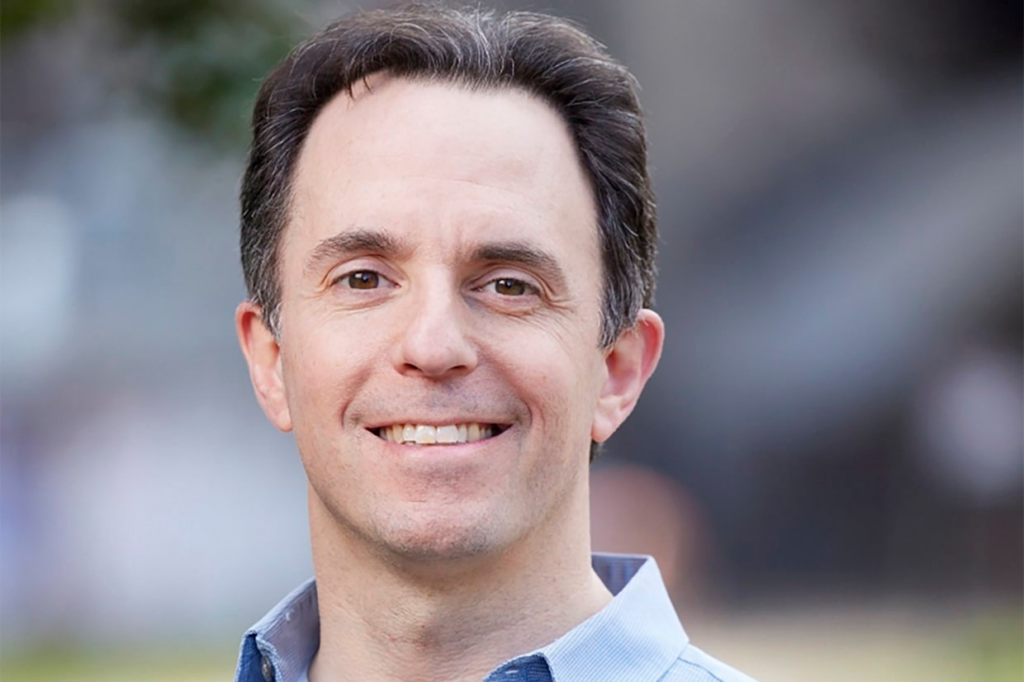
Author Marc Tyler Nobleman had planned to engage with students in suburban Atlanta’s Forsyth County, inspiring them to explore research and writing through the intriguing story of Batman’s secret co-creator. However, a dispute arose when the school district asked him to exclude a crucial detail from his presentation: the fact that the artist he helped gain recognition had a gay son. In response, Nobleman chose to cancel his final scheduled talks.
This incident highlights a broader issue in education. While several states, including Georgia, have not officially prohibited discussions about sexual orientation and gender identity in schools, some schools are taking it upon themselves to limit these discussions. Proponents of more extensive parental control over school curricula argue that such restrictions apply to conversations about sex and gender, even in cases where the laws do not explicitly address these topics.
As of now, eleven states have enacted laws commonly referred to as “Don’t say gay” laws, which restrict discussions about LGBTQ individuals in some public schools. An additional five states mandate parental consent for such discussions.
Although legislation curtailing LGBTQ rights has gained momentum recently, incidents like Nobleman’s are not new. For instance, a New Jersey school district, which mandates LGBTQ inclusivity in curricula, attempted to prevent a valedictorian from discussing his queer identity during a graduation speech in 2021. In the same year, a federal judge ordered an Indiana district to treat a gay-straight alliance on par with other extracurricular groups. Two years later, Indiana passed a law prohibiting discussions about LGBTQ individuals in grades K-3.
Throughout the nation, schools have faced challenges regarding books featuring LGBTQ themes or characters, with many opting to remove them. Forsyth County, in particular, has been a focal point in the ongoing debate over educational policies.
Advocates for LGBTQ rights argue that conservative groups are fostering a moral panic to reverse acceptance. They contend that those who oppose these discussions are not merely disinterested in them but actively seek to suppress alternative viewpoints.
Cathryn Oakley, a lawyer for the Human Rights Campaign, a prominent advocacy group, pointed out that discussions about heterosexual individuals with traditional gender identities are prevalent in educational materials. She argues that if all discussions of sexuality are to be banned, then classics like “Romeo and Juliet” should not be taught either.
Marc Tyler Nobleman, a self-described “superhero geek” residing in the Washington, D.C. suburbs, is best known as the author of “Bill the Boy Wonder: The Secret Co-creator of Batman.” His work highlights the story of Bill Finger, an uncredited author who played a significant role in creating Batman and other comic book characters.
Fred Finger, Bill Finger’s only child, was gay and passed away in 1992 due to complications from AIDS at the age of 43. Nobleman’s research revealed that Fred Finger had a daughter, Athena Finger, which became a pivotal point in his presentation, delivered approximately 1,000 times at various schools.
Nobleman’s efforts ultimately led to DC Comics acknowledging Bill Finger as a co-creator alongside artist Bob Kane, which culminated in the documentary “Batman & Bill.”
In Forsyth County, Nobleman initially gave presentations at Sharon Elementary on August 21. During his second talk, after mentioning that Fred Finger was gay, the school principal handed him a note requesting that he share only age-appropriate aspects of the story with elementary students. Forsyth County schools spokesperson Jennifer Caracciolo clarified that mentioning Fred Finger’s sexual orientation alone was not the issue; rather, it could lead to questions from students, potentially resulting in discussions about sexuality without parental consent.
Over the past three years, conservative elements within the district have attempted to restrict diversity policies and remove sexually explicit books they deem inappropriate.
The district faced a lawsuit from the Mama Bears, a conservative group, after preventing one of its members from reading explicit book excerpts at meetings. A federal judge ruled this policy unconstitutional.
Additionally, the U.S. Department of Education warned the district about removing certain books from libraries, stating that it may have created a hostile environment violating federal laws against race and sex discrimination.
Caracciolo emphasized that Nobleman’s discussion of sexual orientation did not align with the state’s English language arts learning standards that his presentation was designed to support. She stressed the district’s responsibility to ensure that parents and guardians are aware of what their children are learning in school.
Nobleman agreed to omit the reference to Fred Finger’s sexual orientation in his remaining presentations on the first day and at another school the following day. However, on the third day, after a message from the principal at Sharon Elementary apologized to parents for the mention of Fred Finger’s homosexuality, Nobleman declined to give the last two scheduled presentations unless he could include this aspect.
While many parents supported Forsyth County’s actions, according to Caracciolo, some criticized the district for yielding to censorship influenced by conservative voices.
Critics contended that accusations of “grooming or sexualizing children” made online were unwarranted, especially considering that some Sharon Elementary students have gay parents.
The controversy surrounding Nobleman’s presentation reflects the ongoing debate about the boundaries of LGBTQ discussions in schools and the role of parental consent in shaping educational content.
Author























